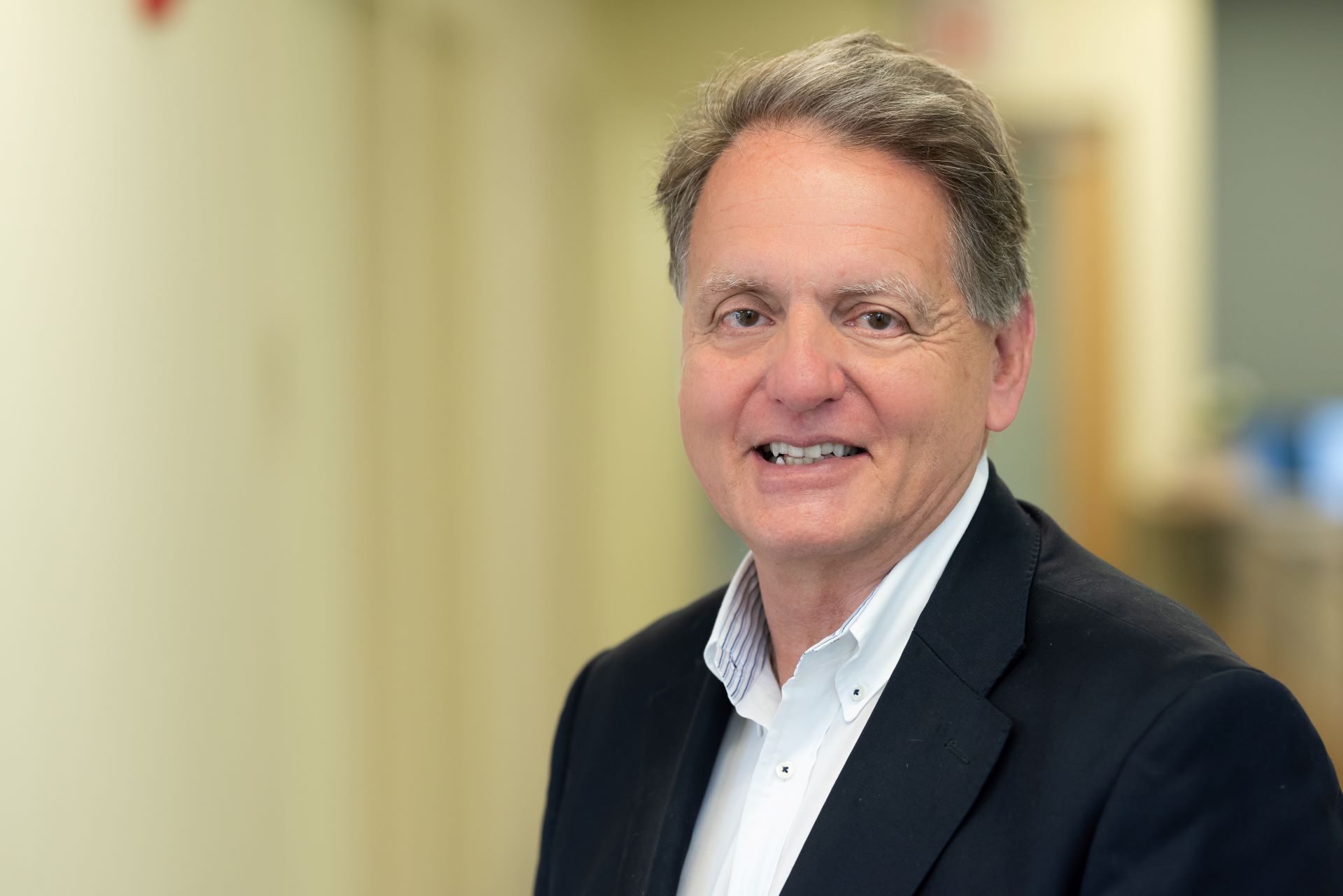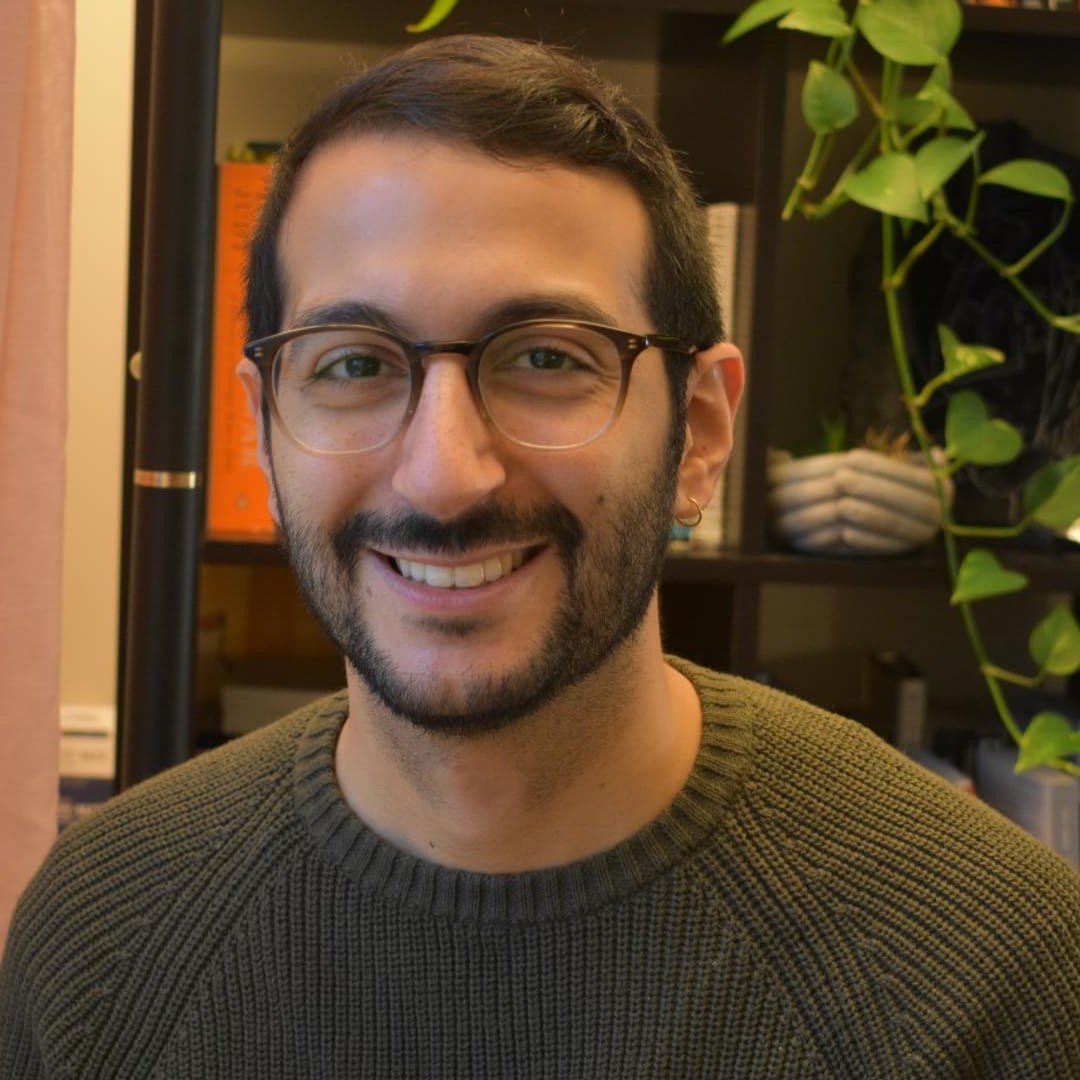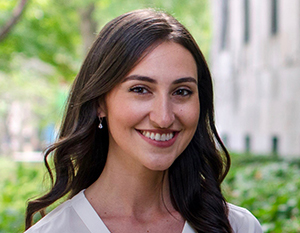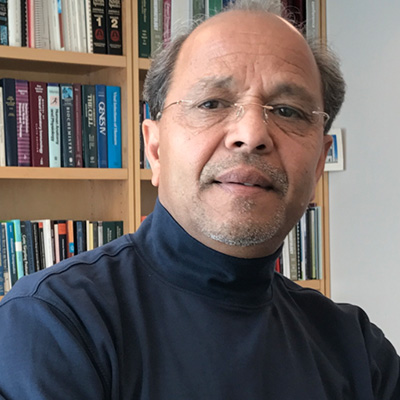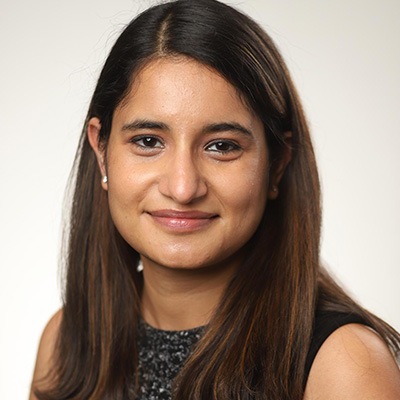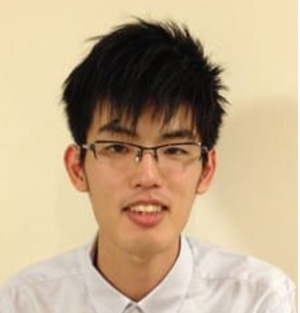
Looking for something?

Takenori Shimo received both his B.S. and M.Sc. in Pharmaceutical Sciences from Osaka University, Japan. He is currently a doctoral candidate in the Graduate School of Pharmaceutical Sciences, Osaka University. His research interests include nucleic acid chemistry, especially modulating splicing by using antisense oligonucleotides.
Q: How did you become interested in the field? Q: Who were your early mentors?
A: When I was an undergraduate student, I was able to have the opportunity to learn from Prof. Satoshi Obika, a well-known Japanese researcher in nucleic acids chemistry, who informed me about nucleic acid therapy. After that, I came to know that he and his colleagues had succeeded in synthesizing locked nucleic acid (also known as 2’-O,4’-C methylene bridged nucleic acids) in the late 1990s. I was fascinated by the potential of LNA and various artificial nucleic acids for the treatment of genetic disorders. Finally, in 2011, I decided to join his laboratory as an undergraduate, master’s and doctoral student conducting biological experiments.
Q: How did you become involved in OTS?
A: When I was studying for my master’s degree, I had the opportunity to attend my first OTS annual meeting held in Boston in 2012, thanks to an invitation by Prof. Obika. I was very impressed by the splendid research related to nucleic acids therapy that had been gathered worldwide from both academia and industry. I believe that being involved in OTS is key for discussing with experts hot topics ranging from chemistry to biology related to nucleic acids therapy. Finally, I decided to be a member of OTS, and I am going to have a poster presentation at the annual meeting held in San Diego in October, 2014.
Q: Why do you continue to support the society?
A: To strengthen my knowledge about nucleic acid therapy, it is necessary for me to continue to be a member of OTS. I would like to submit an article to the society journal, Nucleic Acids Therapeutics, and try to do a presentation at annual meetings as much as possible. I also believe that OTS has an invaluable mission to spread knowledge and promoting public understanding about nucleic acids therapeutics.
Q: What is special about the type of research you’ve conducted?
A: My research currently focuses on modulating splicing by using antisense-oligonucleotides. Recently we submitted a paper about the design of LNA based splice-switching oligonucleotides (SSO) in vitro (Shimo, T., et. al., (2014) Design and evaluation of locked nucleic acid-based splice-switching oligonucleotides in vitro. Nucleic Acids Research, 42, 8174-8187.). In my future plan, I would like to evaluate the efficacy of SSO with various artificial nucleic acids in my doctoral research.
Q: In your free time, what do you like to do?
A: My hobby is running, especially full marathons. I have participated in around 20 city marathons in Japan, such as in Tokyo, Osaka, Kyoto, Okinawa, and so on. In the near future, I would like to try popular international races like in New York City, Berlin and Melbourne.
Q: What is one characteristic of your student life?
A: I am a member of the Cross Boundary Innovation (CBI) program*, Osaka University, which is a competitive sub-program for Ph.D. students in Osaka University. The CBI program assigns a variety of coursework to participating students in order to produce both multidisciplinary and international leaders from Japanese Ph.D. holders. Thanks to this program, I could have a lot of opportunities to study abroad and learn about recent trends in drug development. I am focusing on an alliance between industries and academia in Western countries. I had the opportunity to visit the Center for Drug Research and Development, Canada, and both the BioM Biotech Cluster Development GmbH and European Screening Port GmbH, Germany. I found each company had well-organized collaborations with pharmaceutical industries, academia and local government. Two years later, I have a chance to study abroad as a long-term internship student. Right now, I am looking for internship opportunities in both academia and industry.
*The program is specially supported by the Japanese government’s Ministry of Education, Culture, Sports, Science and Technology.


